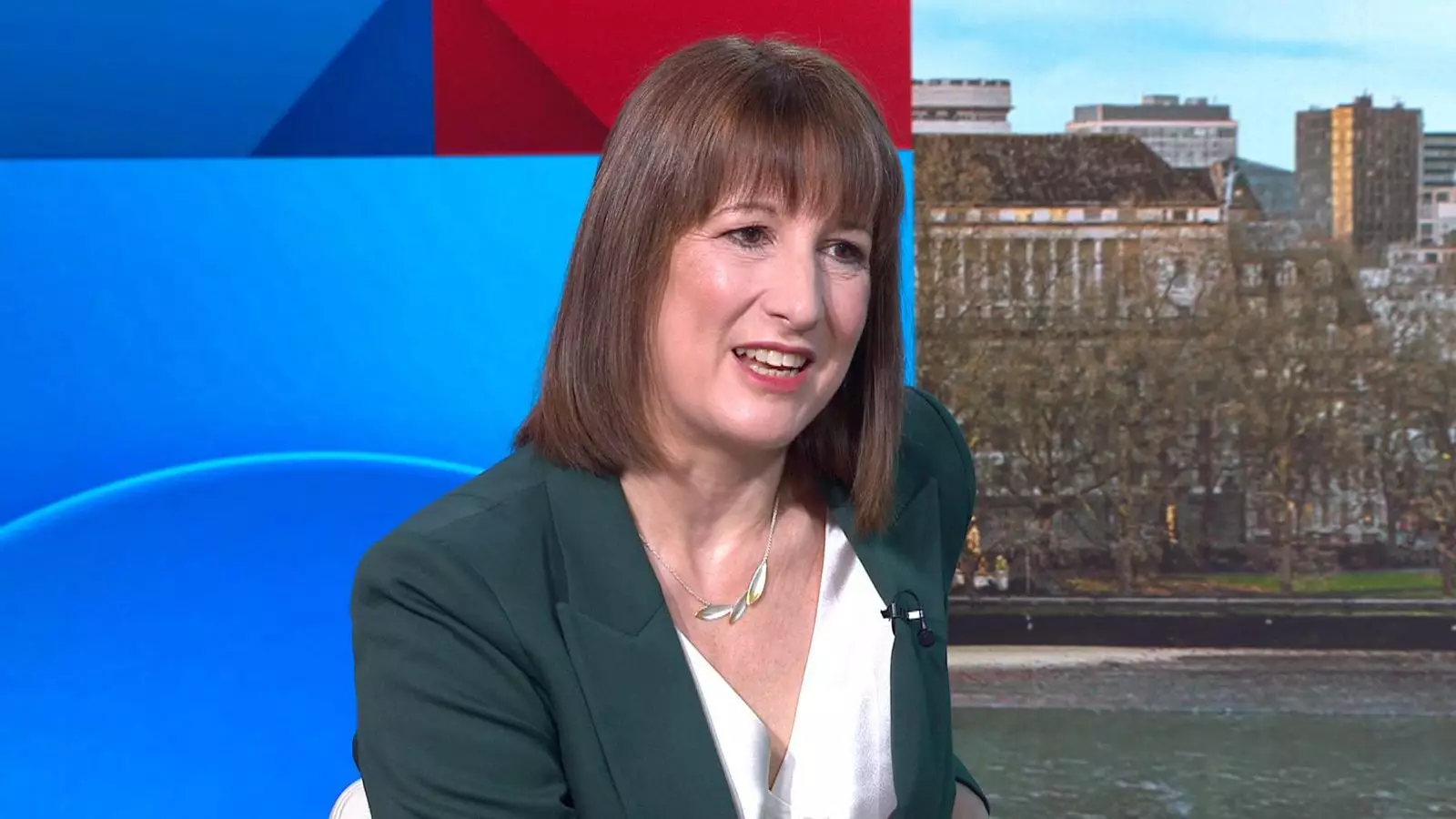With the UK government unveiling a £2 billion plan for constructing up to 18,000 new homes, one can’t help but wonder if these are mere numbers on paper or the beginning of genuine change in the housing sector. Chancellor Rachel Reeves claims that this initiative is a step towards resolving the nation’s ongoing housing crisis. However, as a citizen and a keen observer of political rhetoric, I am left pondering: will this initiative truly address the overwhelming need for affordable homes, or is it yet another political gesture aimed at appeasing a public clamoring for action?
The government’s commitment to build 1.5 million homes over the next five years is undeniably ambitious and sounds promising. However, beneath the surface lies a troubling reality. According to the New Economics Foundation, to meet this target effectively, the government must build a staggering 110,000 social homes annually. The current plan’s promise of only around half of the 18,000 being social homes raises significant doubts about the government’s resolve. Charities advocate for a larger percentage of these homes to cater specifically to social rent, particularly as homelessness levels continue to reach harrowing heights.
Homelessness: An Uncomfortable Truth
According to recent figures, over 1.3 million households in England are currently on waiting lists for social housing, marking the highest number in a decade. The stark statistics paint a grim picture of a country struggling to provide acceptable living conditions for its citizens. While the government’s announcement may appear as progress, the reality for thousands remains bleak; many people are unable to secure even basic shelter, let alone affordable housing.
Charities like Crisis emphasize the need for a radical change in approach, advocating for an organized and sustained effort in social housebuilding. The notion that the current investment signals a transformative shift is a hopeful interpretation, but it is also an oversimplification. The calls for a heroin-level of urgency in tackling homelessness reflect a situation that has long been neglected and poorly managed. This initiative could be a mere drop in an ocean of unmet needs—a collecting dust trophy in the grand cabinet of political initiatives.
Investing in the Future or Just Another Political Band-Aid?
The timing of the announcement raises eyebrows: it falls just before expected spending cuts in various government departments, compounded with previous cuts to welfare programs. This juxtaposition feels particularly concerning. While the government parades its investment in housing, it simultaneously pulls financial support in other vital areas, suggesting a lack of genuine commitment to holistic improvements in citizens’ quality of life. It’s as if they are attempting to buy their way into public favor while simultaneously cutting resources from other critical sectors that support vulnerable populations.
Moreover, reducing taxes on big tech companies to protect against American tariffs while pushing through cuts in welfare portrays a concerning priority imbalance. The overarching narrative hints at appeasing large corporations instead of focusing on the fundamental needs of citizens, including housing. It is difficult to reconcile how a government can genuinely claim to be tackling a housing crisis while simultaneously undermining the welfare of its most disadvantaged citizens.
Community Perspectives and Charitable Voices
The statements from Deputy Prime Minister Angela Rayner reflect a sensitive recognition of the plight faced by many individuals and families. Yet, words alone are insufficient; actions are what will undoubtedly make the difference. Rayner’s emphasis on the right to a secure home echoes a sentiment that resonates deeply in communities, but skepticism remains palpable. Will the resources allocated translate into actionable, impactful results, or will they fall victim to the pitfalls of bureaucracy and inadequate follow-through?
Voices from the charitable sector affirm that this announcement should not be merely welcomed—vigilance is essential. The hope is that this investment marks a genuine stepping stone toward a comprehensive social housing strategy, rather than yet another fleeting moment in the long history of political promises unkept.
The stakes are high, and the need is urgent. The plight of the millions waiting for affordable housing cannot afford to be just another campaign talking point; it demands rock-solid commitment and unwavering follow-through. The path forward must involve a more significant prioritization of social homes—affordable rent, community engagement, and real solutions that extend beyond numbers.

Leave a Reply